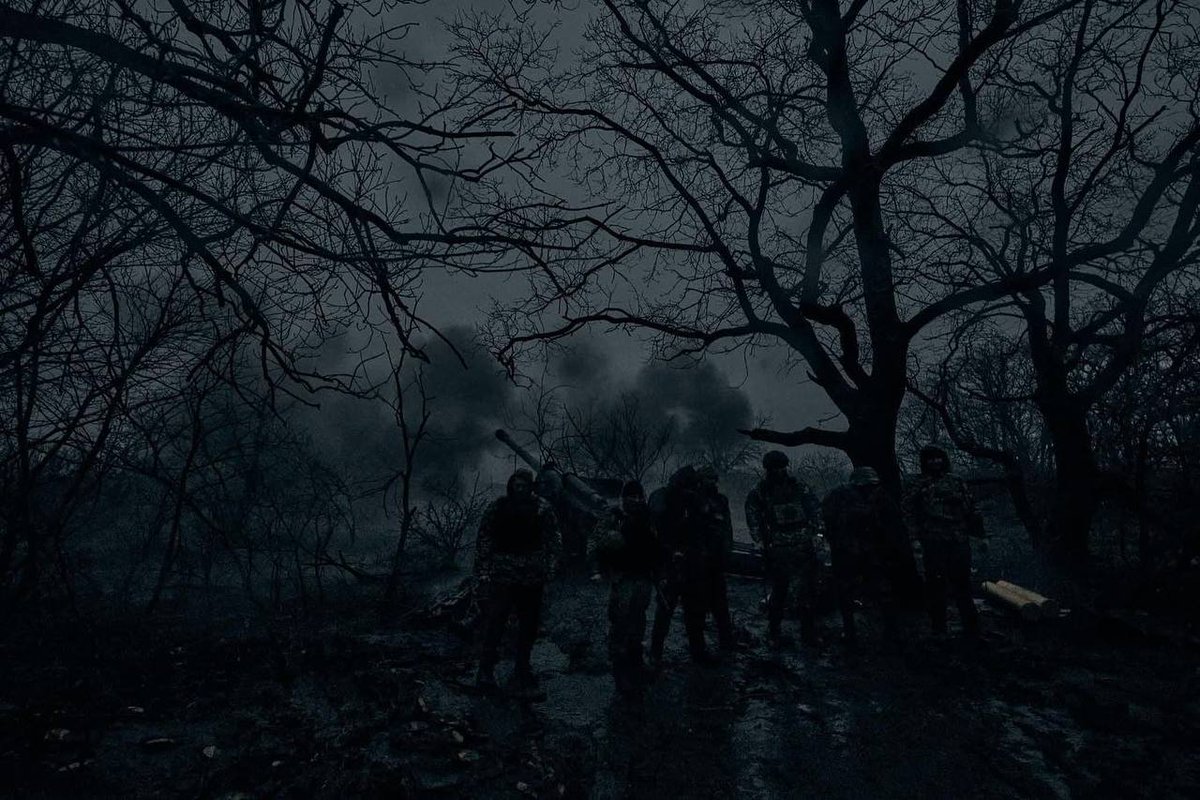
@TheStudyofWar released its daily (11/30) assessment:
"Disruptions associated with partial #mobilization and Russian setbacks on the battlefield likely contributed to increasing war weariness among #Russian public, as reflected in the polling."
1/10
#UkraineRussiaWar️
"Disruptions associated with partial #mobilization and Russian setbacks on the battlefield likely contributed to increasing war weariness among #Russian public, as reflected in the polling."
1/10
#UkraineRussiaWar️
https://twitter.com/TheStudyofWar/status/1598148081282949121
The most recent poll referenced was conducted by the Federal Protective Service (FSO), a #Kremlin apparatus. Its results show a relatively-unchanged number of respondents are "in favor of peace talks" as compared to a similar poll conduced in October.
2/
meduza.io/en/feature/202…
2/
meduza.io/en/feature/202…
The dynamics of the poll—including the precise geography of respondents and their affiliations, and whether incentives were involved—is unclear.
However, there is an observed increase in what may be considered "war weariness" as opposed to direct "anti-war" sentiment.
3/
However, there is an observed increase in what may be considered "war weariness" as opposed to direct "anti-war" sentiment.
3/

The distinction between those two terms matters, even if for outside (#Ukrainian and non-Russian) observers the outcome remains deeply-infuriating.
The observed "slowness" by which the Russian public is falling out of favor with the war has been the source of broad ridicule.
4/
The observed "slowness" by which the Russian public is falling out of favor with the war has been the source of broad ridicule.
4/
https://twitter.com/alinasmutko/status/1574089400312647680
The situation is, of course, more complex.
The mobilization protests, and subsequent polls, are informed by shifting underlying sentiments of the Russian public, even though a majority of them reportedly supported the war at its beginning.
s: levada.ru/2022/03/31/kon…
5/
The mobilization protests, and subsequent polls, are informed by shifting underlying sentiments of the Russian public, even though a majority of them reportedly supported the war at its beginning.
s: levada.ru/2022/03/31/kon…
5/

That support required distance between ordinary Russians and the war, with government as the buffer.
Denis Volkov:
"Now, risks are greater, and people want to start talks. Still, a majority of people leave this to government: 'We’d like it, but it’s up to them to decide.'"
6/
Denis Volkov:
"Now, risks are greater, and people want to start talks. Still, a majority of people leave this to government: 'We’d like it, but it’s up to them to decide.'"
6/

What is particularly challenging is to accurately identify how or when "weariness" will transform into direct-action against the government, implying the buffer no longer exists, and the effects of war are having a raw and impactful effect on an already weary population.
7/
7/
https://twitter.com/aaron_schwa/status/1575136395622076417
What we can observe is parts of the Russian populace are beginning to see an undoing of the buffer between themselves and war, and early signs of the war's latent effects on their lives and communities.
In most cases it will simply take time for the deepest cracks to appear:
8/
In most cases it will simply take time for the deepest cracks to appear:
8/
https://twitter.com/osint_east/status/1572974782903353344
Perhaps ironically, polls and social media—and the public's reaction to them—only drive the #Kremlin to further clamp down on information distribution.
This was presumed likely, but depended on battlefield dynamics—now more clearly detrimental to long-term Russian interests.
9/
This was presumed likely, but depended on battlefield dynamics—now more clearly detrimental to long-term Russian interests.
9/
https://twitter.com/ForeignAffairs/status/1501936571586539522
Ultimately, attempts to reinforce the buffer may only drive up discontent since the effects of war are now direct & embedded.
10/10
10/10

Note:
An earlier version of this thread was deleted and then reposted to include additional references and articles.
An earlier version of this thread was deleted and then reposted to include additional references and articles.
• • •
Missing some Tweet in this thread? You can try to
force a refresh










